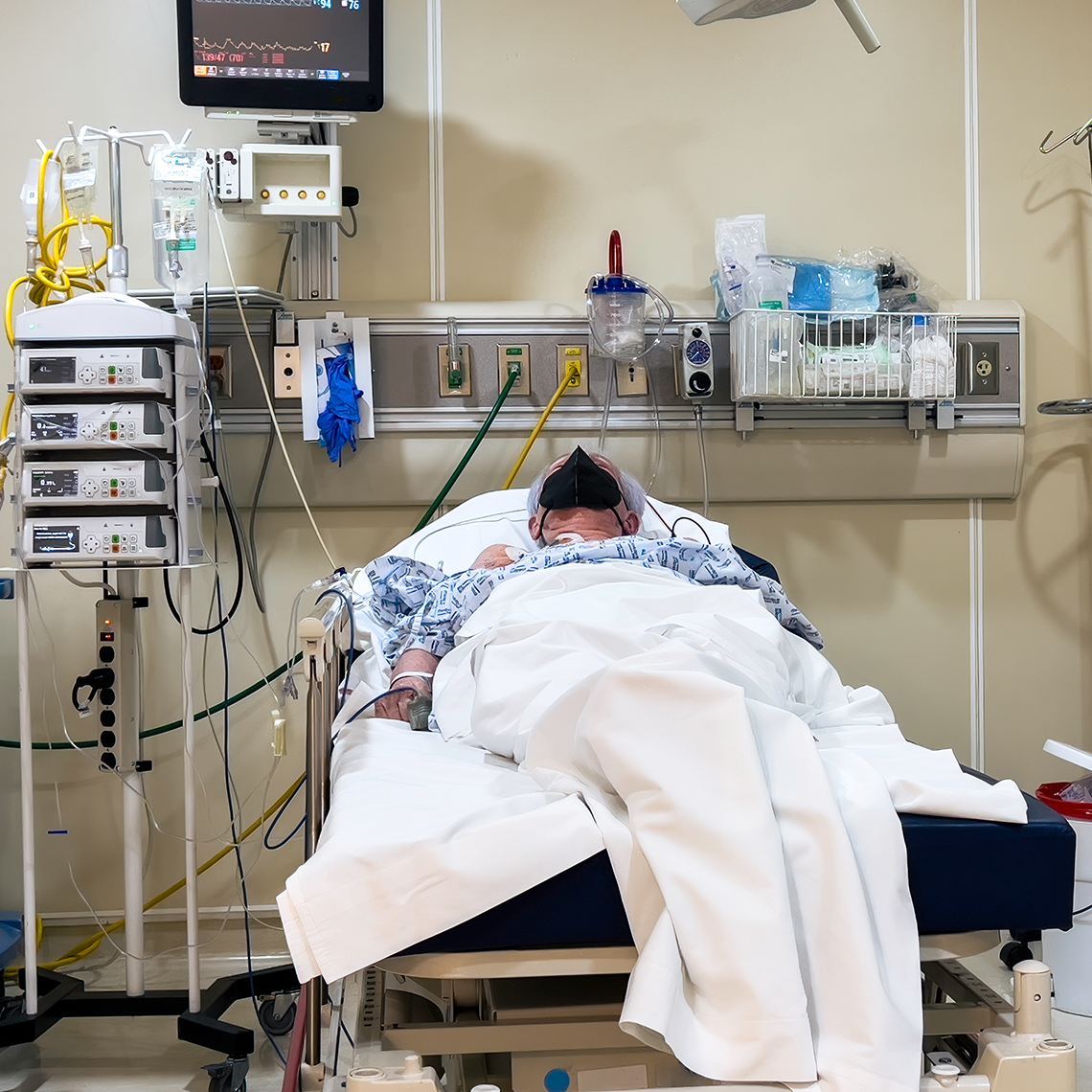Case Study
Lack of Follow-up Leads to Renal Cell Cancer Diagnosis Delay and Death

Description
A patient’s delayed follow-up on a right kidney mass was complicated by the provider’s incomplete documentation of patient education about findings and recommendations for additional testing.
Clinical Sequence
A 55-year-old female with an unknown medical history presented to an outpatient clinic for a routine visit. She was evaluated by Physician Assistant “A” (PA-A), who documented both “no complaints” and “upper abdominal pain” in the diagnosis section of the note. PA-A ordered labs, an electrocardiogram (EKG), a cervical screening, and an abdominal ultrasound (U/S).
The labs showed anemia, and the EKG and cervical screening were normal. The U/S revealed a 7 cm right kidney mass, and a computed tomography (CT) scan was ordered. The patient was notified about the importance and urgency of scheduling the CT scan. However, the patient refused due to the cost of the scan. The conversation regarding the patient’s refusal was not documented in the medical record, and no further follow-up occurred.
Ten months later, the patient returned to the clinic with complaints of dysuria and excessive thirst. Physician Assistant “B” (PA-B) evaluated the patient and stated he discussed the prior U/S results and the need for a CT scan, but the conversation was not documented. Labs were completed, which confirmed non-insulin-dependent diabetes mellitus, and the patient was started on oral antidiabetics.
One year later, the patient presented to the Emergency Department with complaints of abdominal pain, blurred vision, and dysuria. On examination, the patient had a palpable right kidney mass. A CT scan and biopsy were performed, which confirmed Stage 4 renal cell cancer.
Due to extensive carcinomatosis, the patient had a poor prognosis with no treatment options. She was admitted to the intensive care unit and recommended for hospice. The patient expired one month later.
Allegation
The patient’s family claimed the providers failed to inform the patient of the right kidney mass found on the U/S and emphasized the urgency of having a CT scan.
Disposition
The case was settled in the low range (<$200,000).
Analysis
Documentation is critical.
A patient’s refusal of treatment, the risks related to the refusal, and any alternative treatments offered should always be documented in the patient’s medical record.
Once a claim is asserted, poor documentation increases provider risk. The medical record has heightened reliability in a case, and testimony will be based on it. Documentation should be specific, timely, objective, and reflective of the patient’s behavior related to clinical advice.
The patient’s non-adherence with scheduling a CT scan was a contributing factor. Experts felt that the absence of documentation about communication between the provider and patient made the care challenging to defend.
Lack of systematic patient follow-up for abnormal test results.
Closing the loop on abnormal test results and referrals is essential to ensure the patient receives appropriate follow-up.
The standard patient follow-up process failed after discovering a kidney mass. Implementing a backup system such as Ambulatory Safety Nets for following up on abnormal test results can help to ensure that closed-loop communication and documentation are completed. Ambulatory safety nets are high-reliability, person-centered programs that can assist with:
- Registries for patients with abnormal results/outstanding referrals
- Communication workflows
- Patient navigators
This is a fictitious case that illustrates commonly encountered issues and is for educational purposes only. Any resemblance to real persons, living or dead, is purely coincidental.
Discussion Questions
-
What strategies can be implemented to ensure that conversations with patients about urgent diagnostic tests are well-documented in the medical record?
-
What systems does your organization have in place when patients refuse recommended tests or treatments due to financial concerns?
-
How can health care organizations identify and address potential breakdowns in patient care and follow-up to prevent adverse outcomes?
See More MPL Cases
Medication Mix-up Contributes to Patient’s Death


Incidental Does Not Mean Insignificant

When Test Results Go Unspoken

